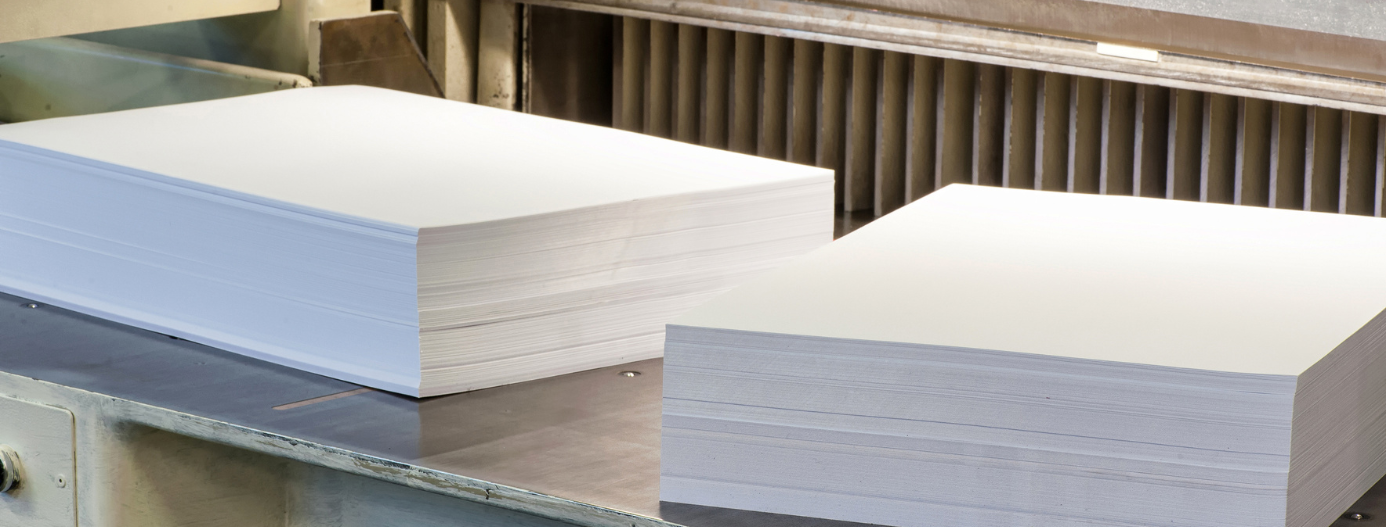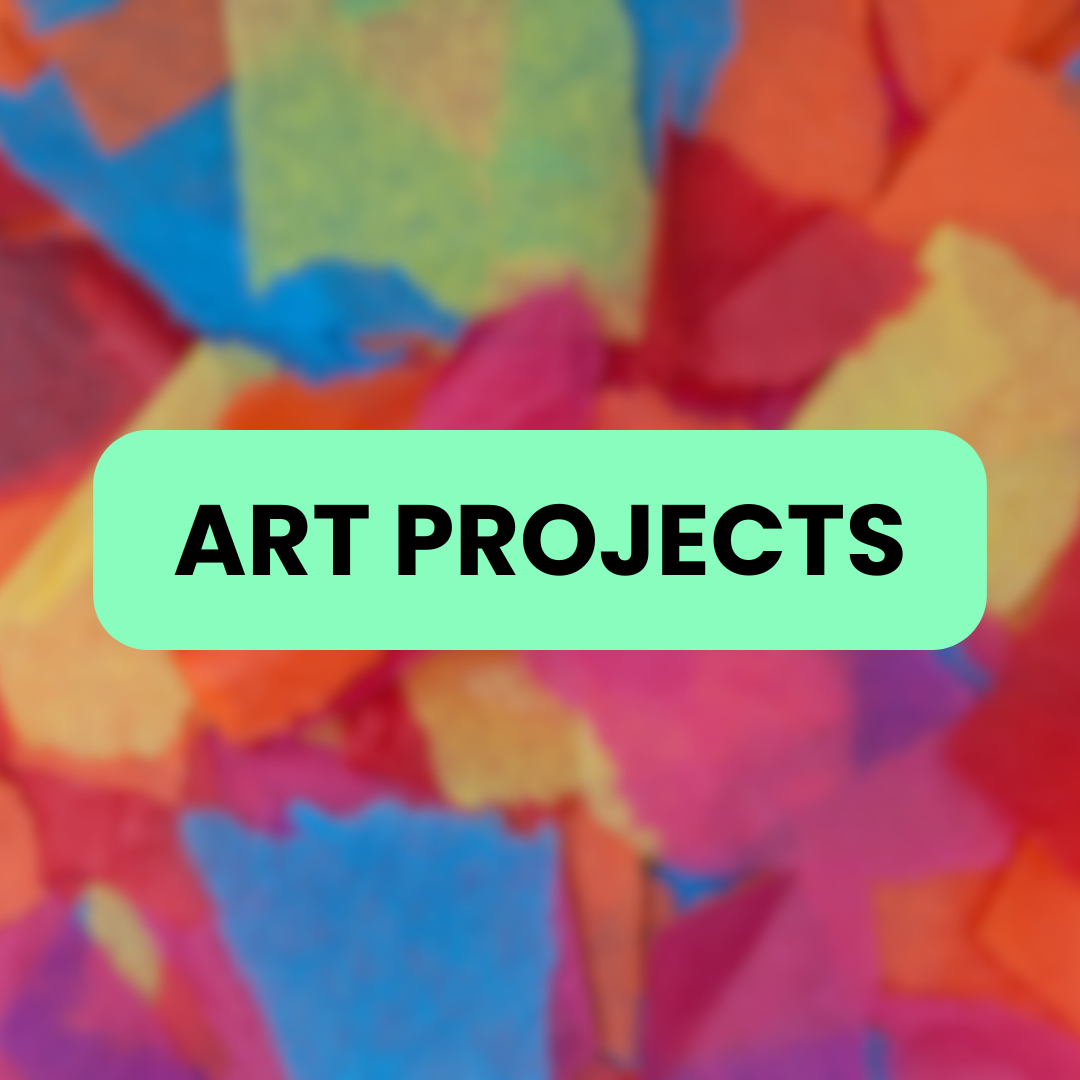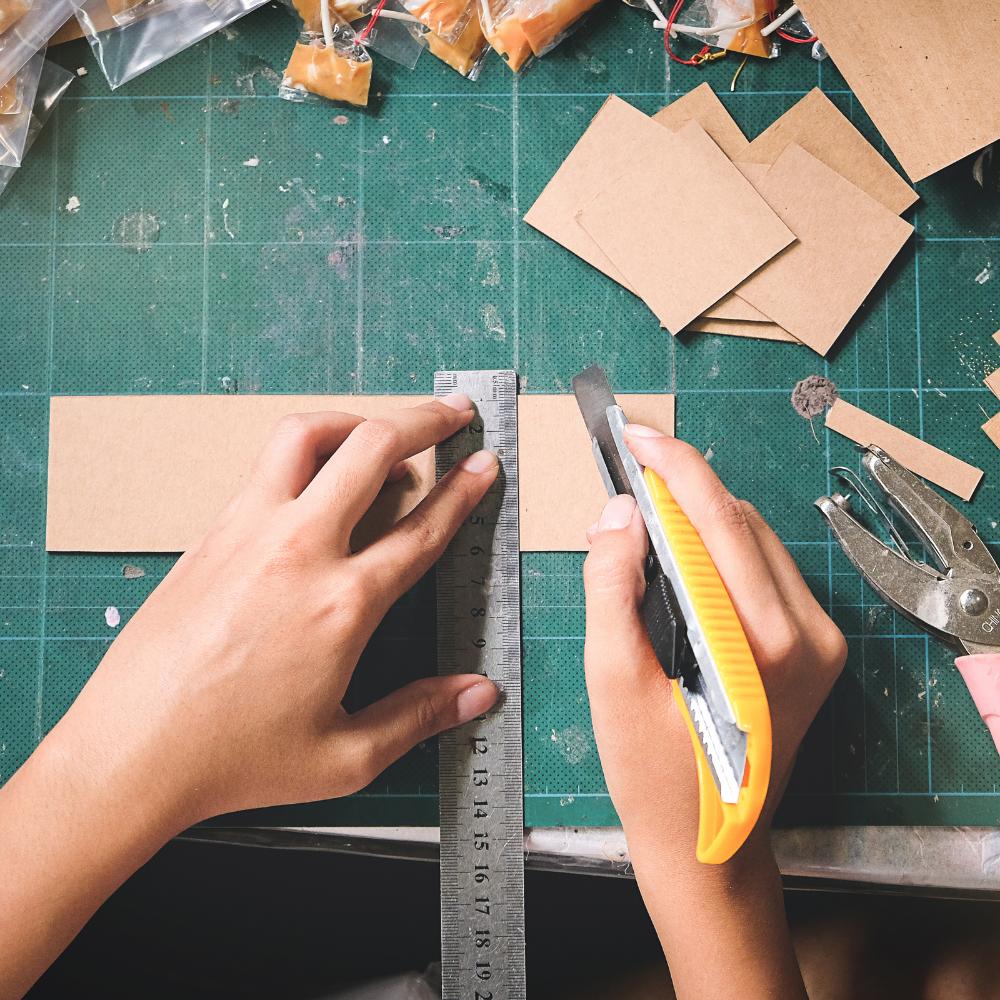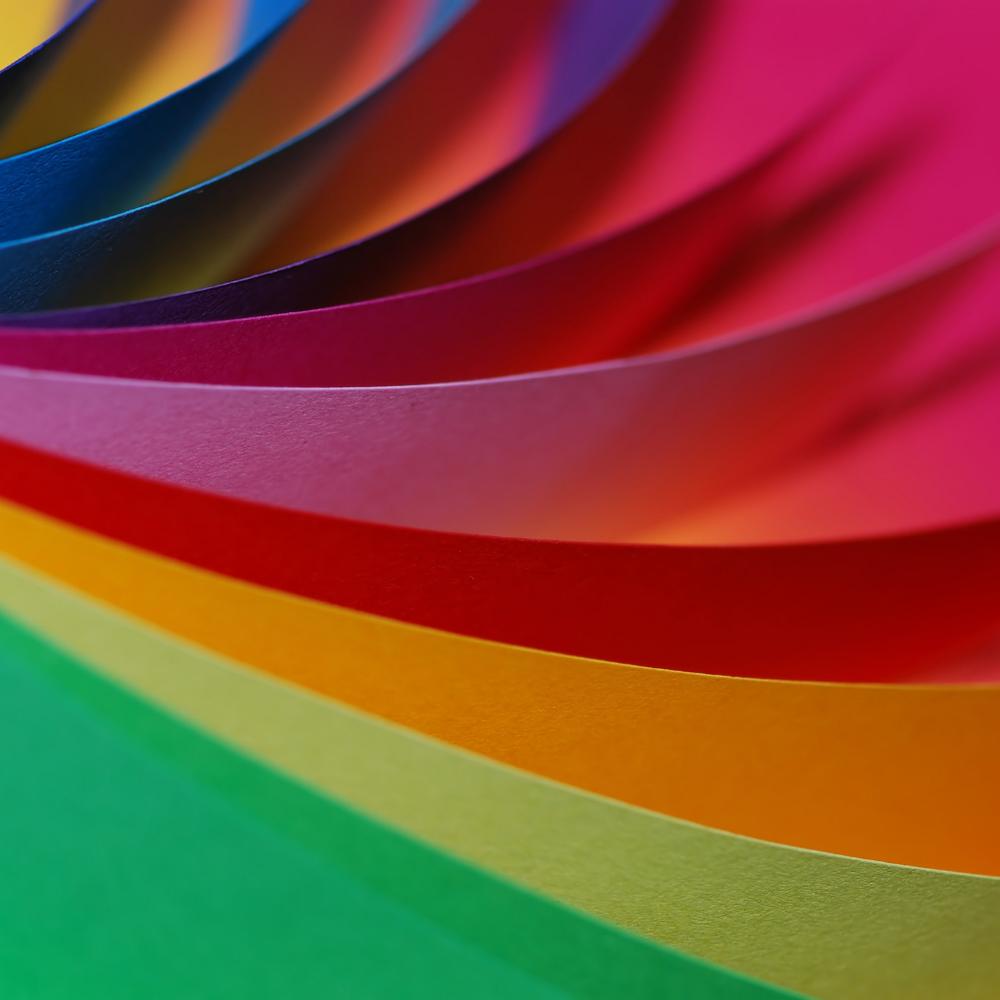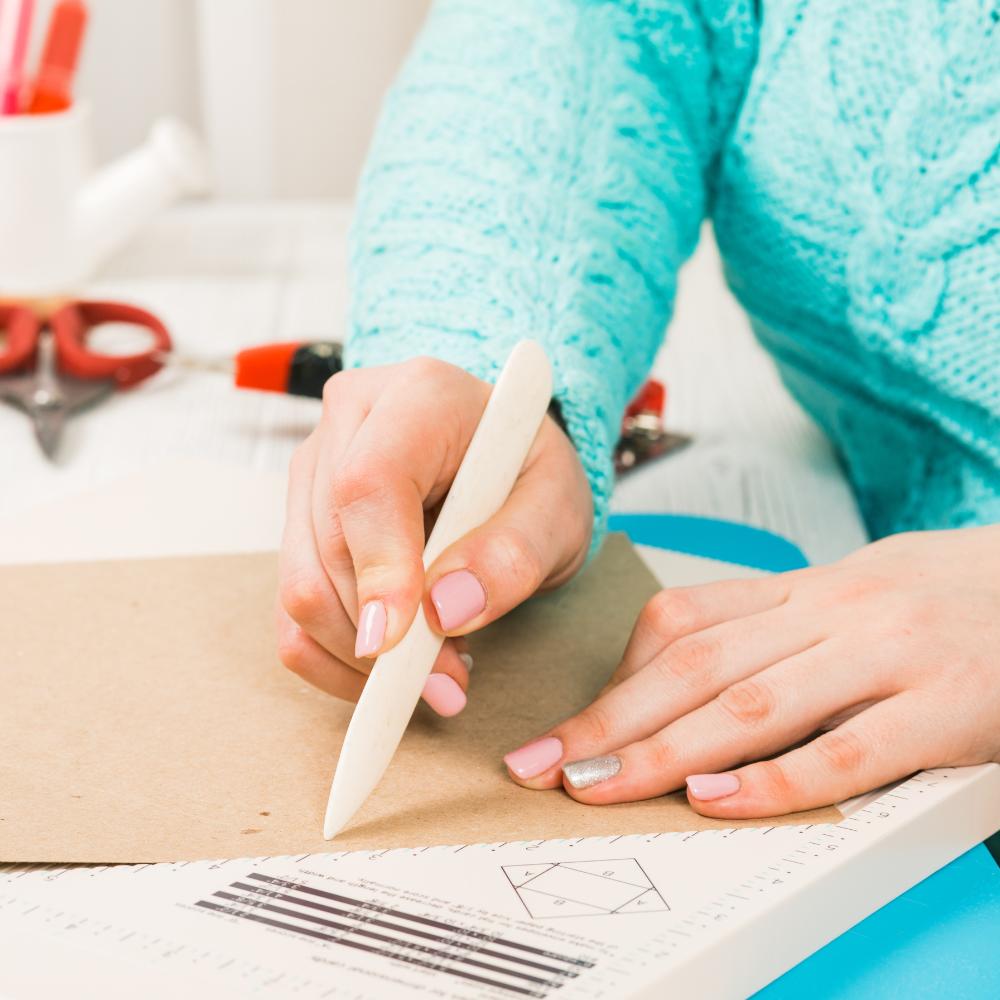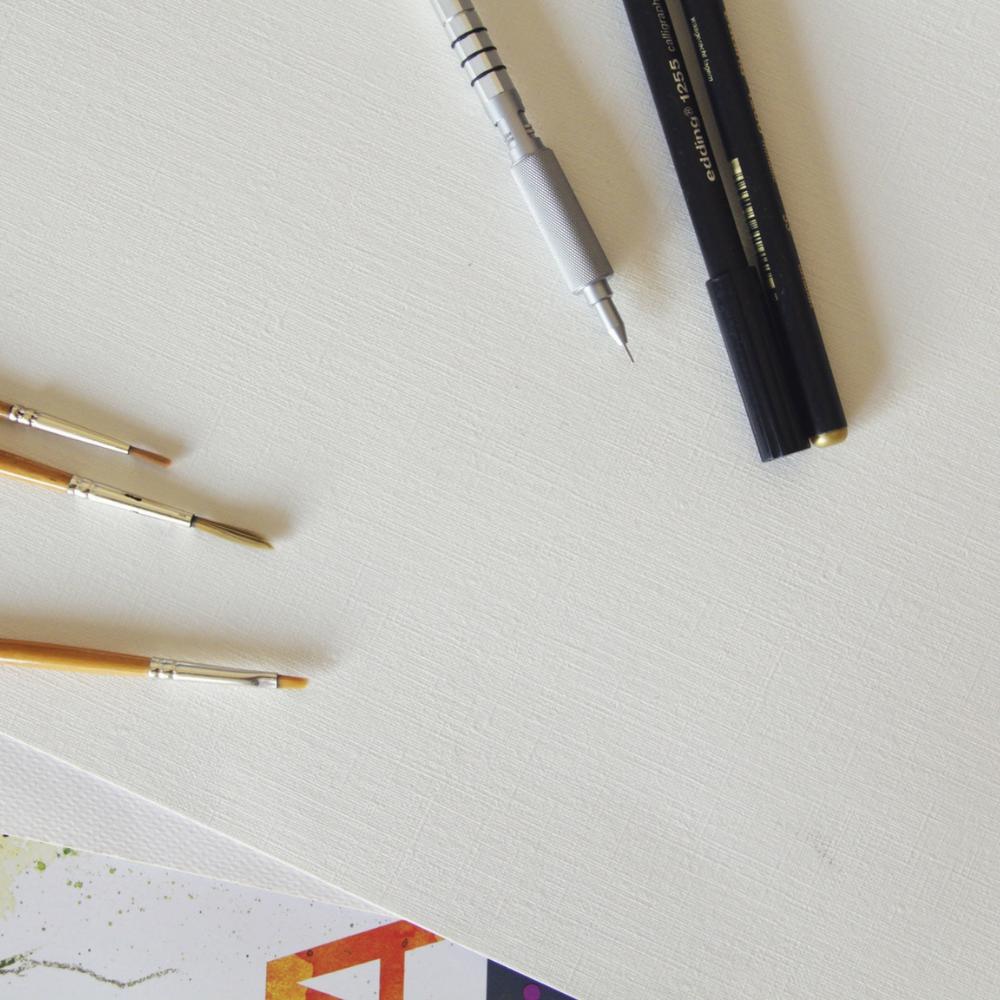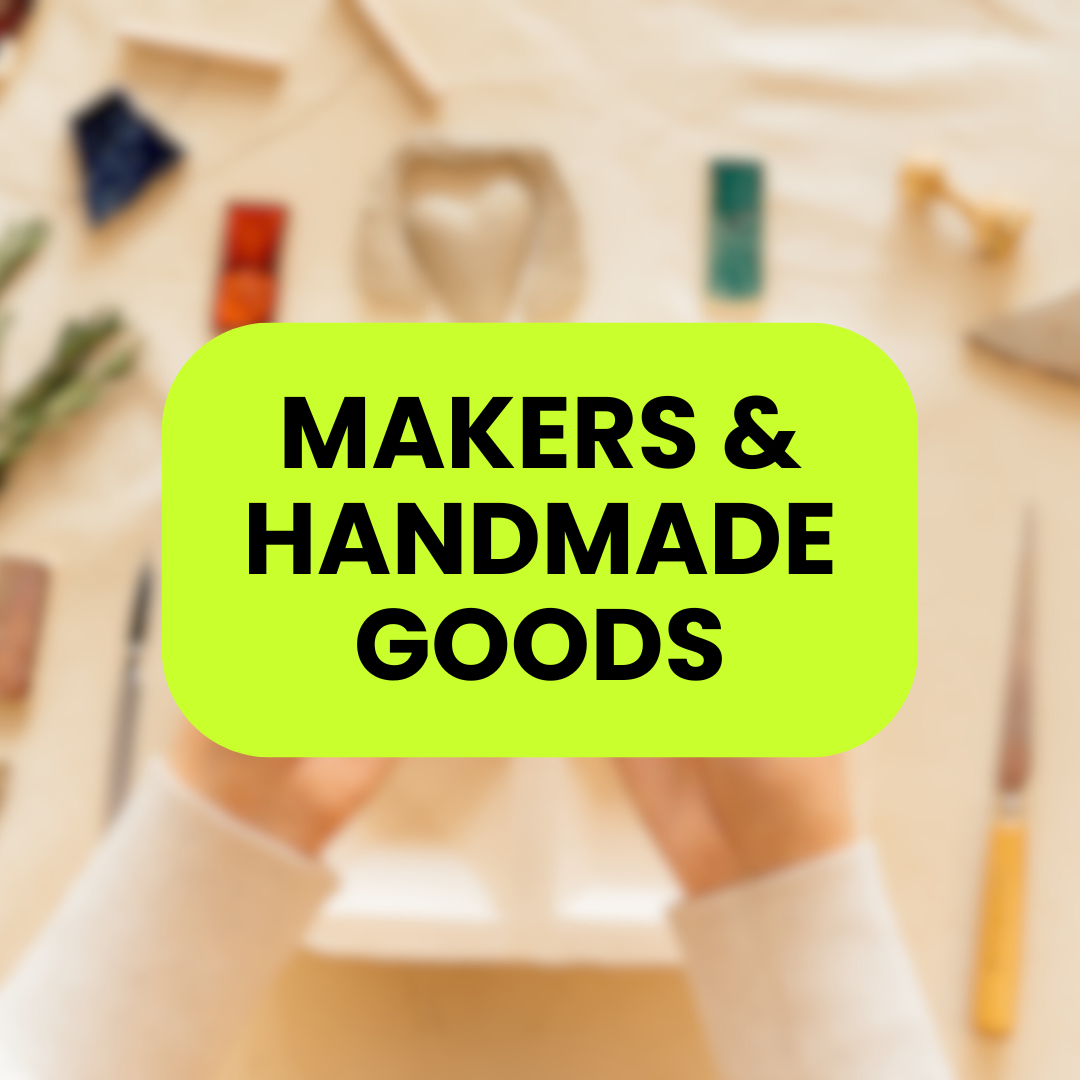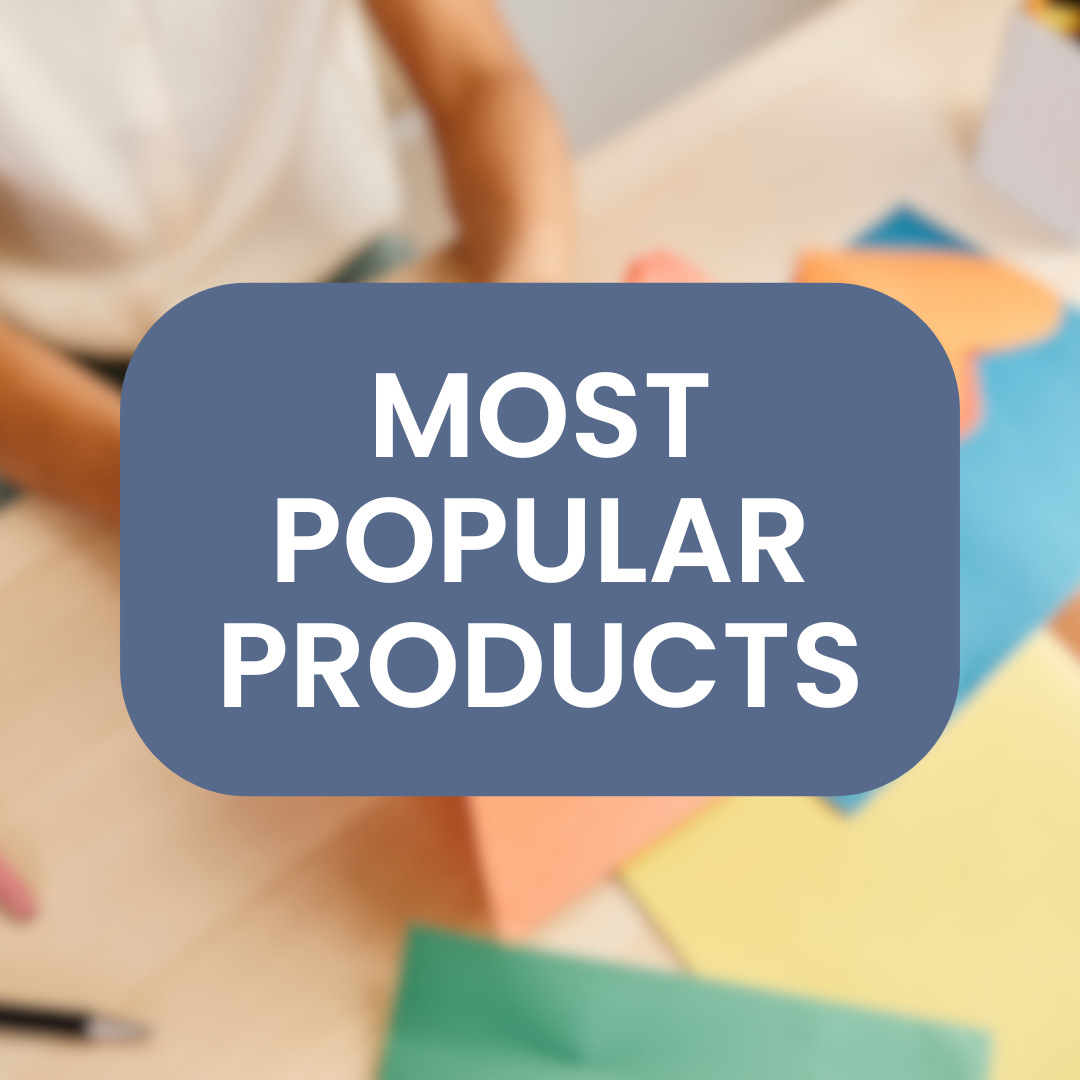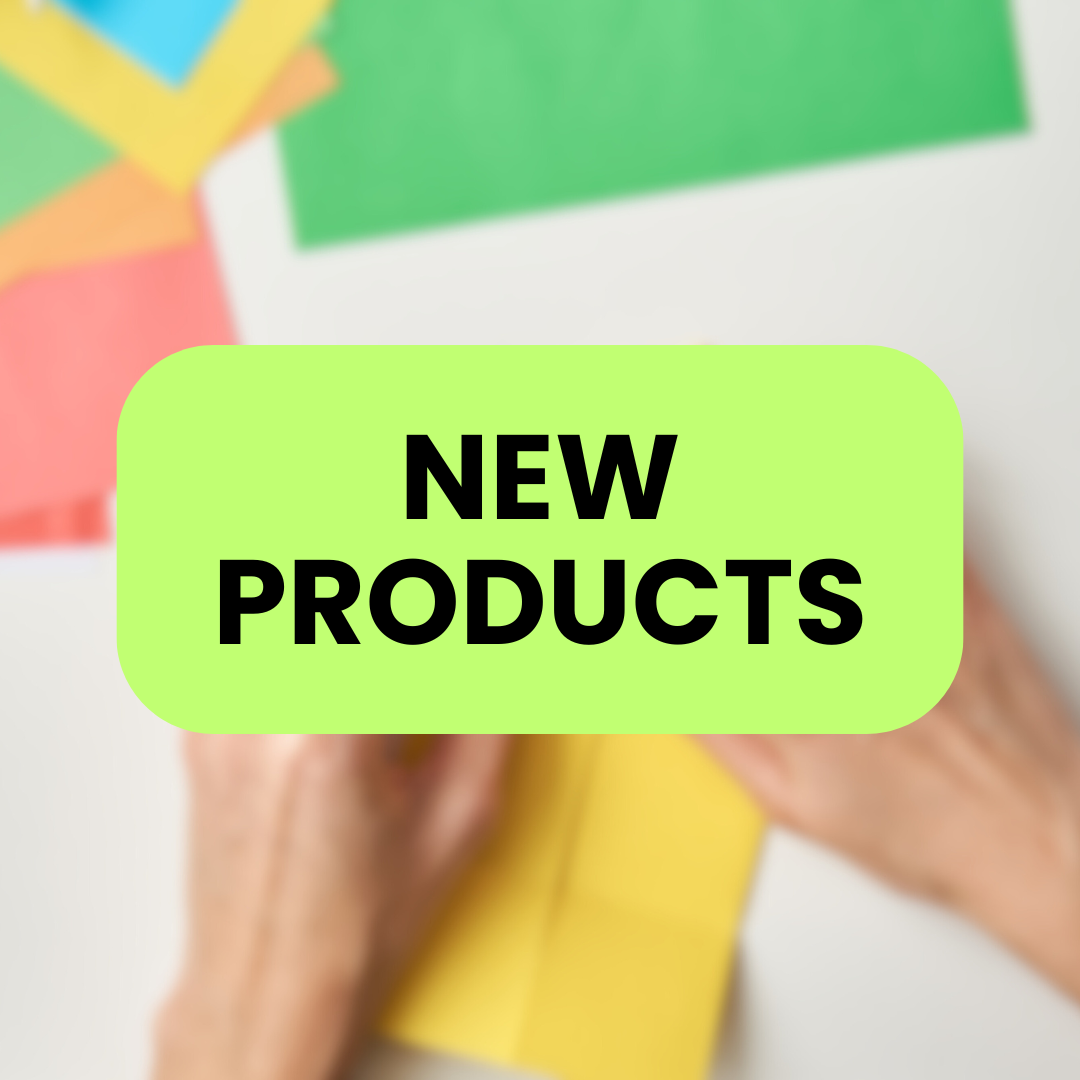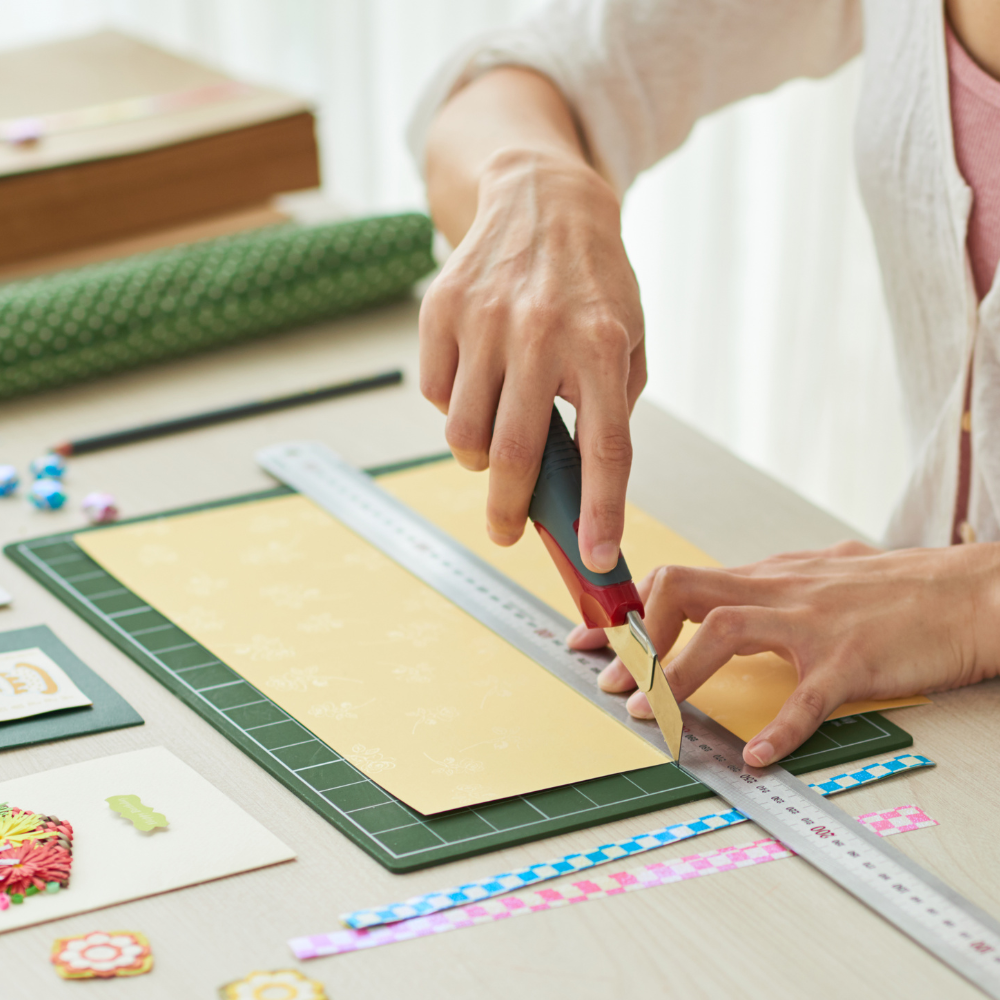Linen Paper | The Best Cardstock For Marketing
No matter how much everything seems to be selling online and on our screens, there are some very specific niche areas that are still only covered by printed mediums. Especially for advertising and marketing, printing has never become any less relevant for small or bigger businesses alike.
People still like to have information that is readily available to go back to, and that isn't on a screen or requires an internet connection. The convenient accessibility of information is what makes printed adverts still a hoot among the consumer.
But how to decide on the kind of printed materials you require from flyers, brochures or catalogs? Perhaps we can find out by looking at the basic properties and utility for each of these products one by one.
Choose between options
You can easily spot the difference between a magazine and a book. Both have information, a lot of pages and can have varying degrees of illustrations and photos. But if you are looking for something that is smaller or has a smaller number of papers for sharing less information, then you must consider one of the following.
Brochures
If you wish to essentially highlight some features of your company or business along with the contact information, you would get yourself a brochure.
- Any booklet or pamphlet that has advertising material containing description about a specific service or products to promote or introduce can be called examples of brochures.
- Brochures are usually made of coated cardstock paper for including photos while making the brochure last a long time. They can be of different shapes or diet cuts, or even made of uncoated cardstock such as linen paper for unique soft printing and a writable surface.
- They are usually made of thick paper that is folded to stand on its own for display, as well as neatly fit into your hand for your convenience.
Catalogs
On the other hand, catalogs contain a lot of information, pages and usually have the whole list of all your products and services in one place.
- By using a range of different papers depending on your needs, you can use unique card stock such as vintage cardstock or soft cover paper of different thicknesses stitched together like a magazine.
- You can have a thick card stock for the cover and slightly thinner stock for the inner papers to manage the cost.
- If there are many colored images included in the printing, then it's important to match the cover and internal cardstock to make the difference unnoticeable.
Flyers
If you have ever noticed people giving out thin pieces of paper with some exciting offers or information about sale, then you probably saw a flyer.
- They are usually made small so that they are easy to produce and distribute in hand or with the newspapers.
- They can be made of thin translucent colored copy paper with no colored images. The flyers are made of lightweight paper with specific text and few images to keep the information concise and the overall cost low.\
- Openings or advertisements for new restaurants, bars clubs or trade shows and conferences are often printed on flyers and distributed as handouts.
Booklets
As the name suggests, booklets are similar to books because of multiple pages that are not folded like brochures but stand flat.
- Bought together with the help of staples, stitches, spirals or any other binding material, booklets can contain anywhere from 8 to 72 pages.
- The quality of the paper is thicker than copy paper but thinner than cardstock and is often used to make inner pages of quality marketing advertising material.
- The cover of the booklet can be made of any kind of paper finish from smooth finish cardstock to textured linen paper cardstock for having high quality text and images on print.
- Different kinds of text paper can be matched to go with the cover or can even be coordinated simply to suit one's choice with bright white text paper to make a booklet.
The increasingly versatile nature of paper products creates an advantage over electronic media. By opening up your choices for paper qualities and textures, you can explore the wide range available at ThunderBolt papers to match your needs. Make sure to request for samples to try getting the sample of results as close to the expectation as possible without any wastage. We would love to hear your experience with catalogs or brochures in the comments.




